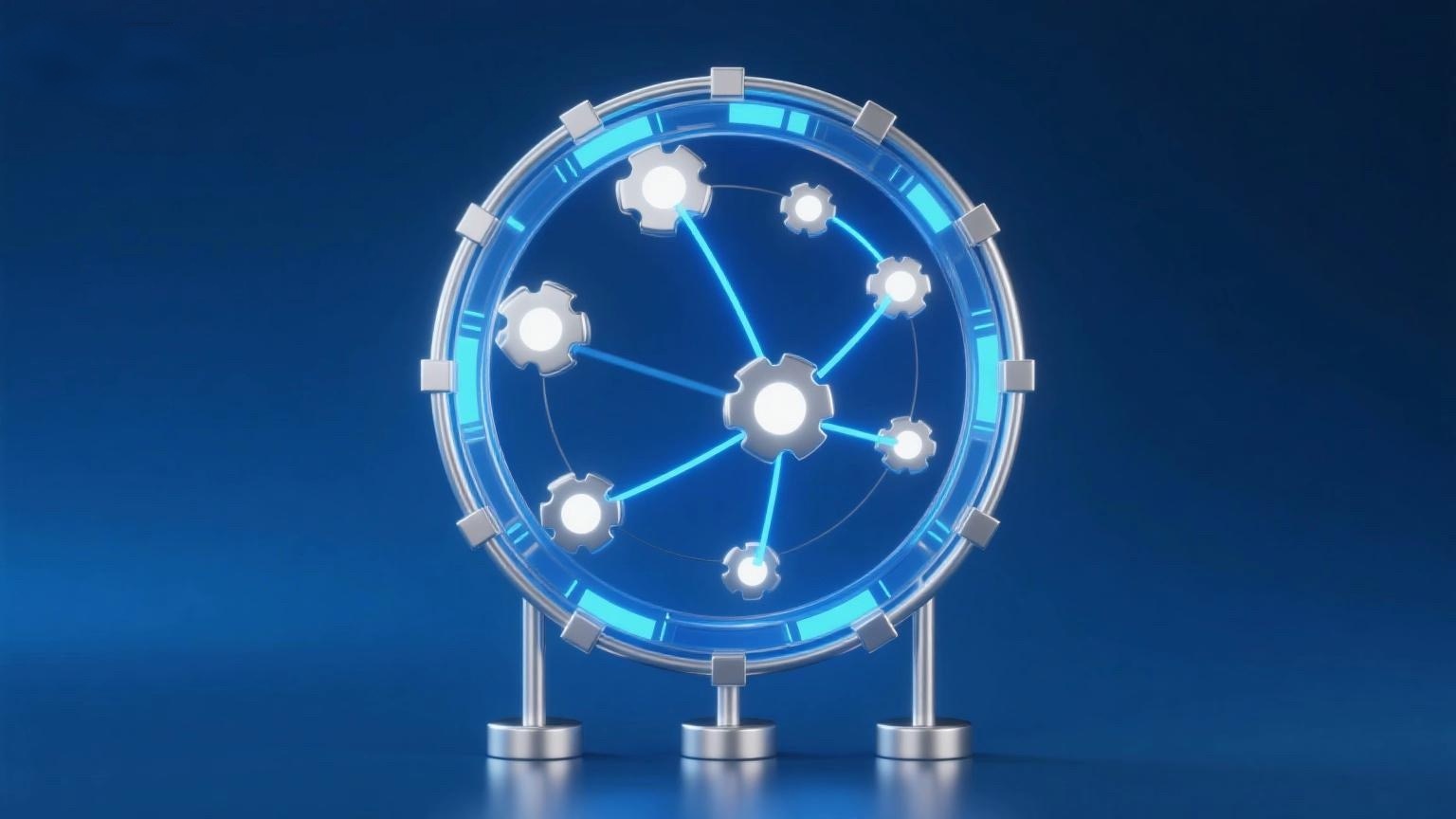
Decentralized oracles help connect off-chain external data and APIs with blockchains. In other words, oracles provide a framework for smart contracts to access data that is uncertain or cannot be obtained from on-chain information. This data can be anything, from price information to weather reports. In this way, oracles act as a bridge between blockchains and the off-chain world.
Why Oracles are Needed
Smart contracts offer a new way to create decentralized applications (DApps). However, smart contracts often cannot access real-world information, such as data on the internet or any data that needs to be obtained via APIs.
This is a major obstacle to the large-scale adoption of DApps, as almost all technical aspects require data. For example, decentralized exchanges (DEXs) cannot correctly calculate the collateral required for leveraged trades without access to the relevant asset prices.
How Oracles Work
Oracles act as middleware between datasets and blockchains. The oracle and its connected blockchain query external resources, and then the oracle verifies the required data through its internal security framework and relays it to the requesting blockchain client. This data is actually received by the blockchain through external transactions, ensuring that all nodes connected to the chain share this information to validate the next transaction.
Problems with Oracles
The decisions executed by any smart contract largely depend on the quality of the data provided by the oracle, making the security of the data source critical to the security of the chain. This is the main issue with oracles that remains unresolved to this day. However, using different types of blockchain oracles wisely can significantly reduce this risk.
Oracles can be centralized or decentralized. The defining feature of the former is importing data from centralized databases—a typical example is querying real-time data from a website running on an AWS server. This approach often negates the technical advantages of blockchains, as a single entity controls the data provided to smart contracts. However, in certain use cases, especially those involving information from real-world data, the use of centralized oracles is unavoidable.
Decentralized oracles significantly reduce risks. Instead of relying on a single entity to provide data, their smart contracts query multiple oracles to ensure data validity and accuracy. Each oracle operates autonomously in a decentralized network, collectively bringing off-chain data onto the blockchain.
















